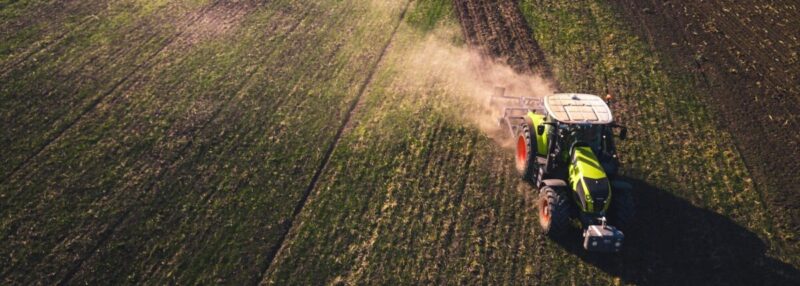
Get wiser and find new stories in our network series on investigating food and water issues in Europe! Free participation.
In the Arena Food & Water Network we come together to discuss how to investigate issues around food and water in Europe. Together with experts from journalism, academia, civil society and economy we look at data sources, reasearch and journalistic projects that can inspire further investigations and cross-border collaborations.
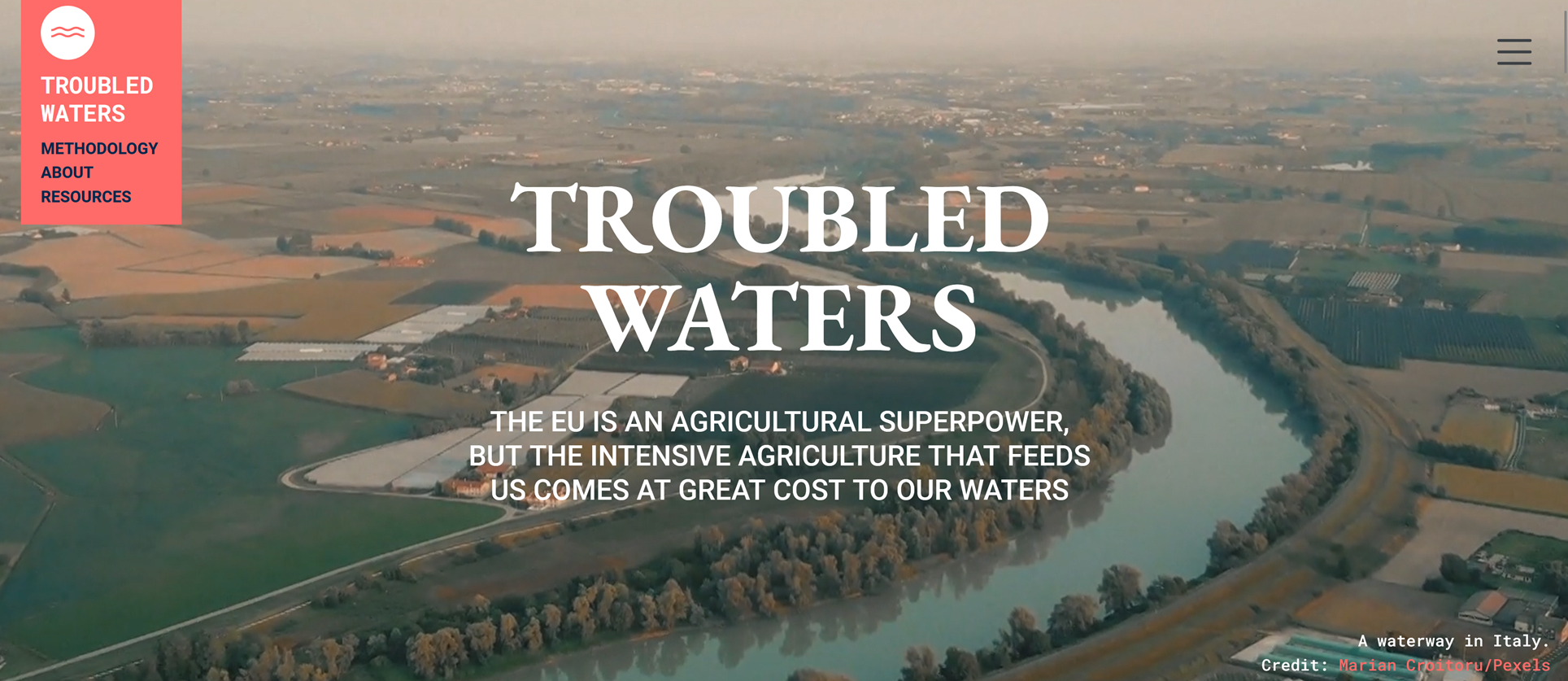

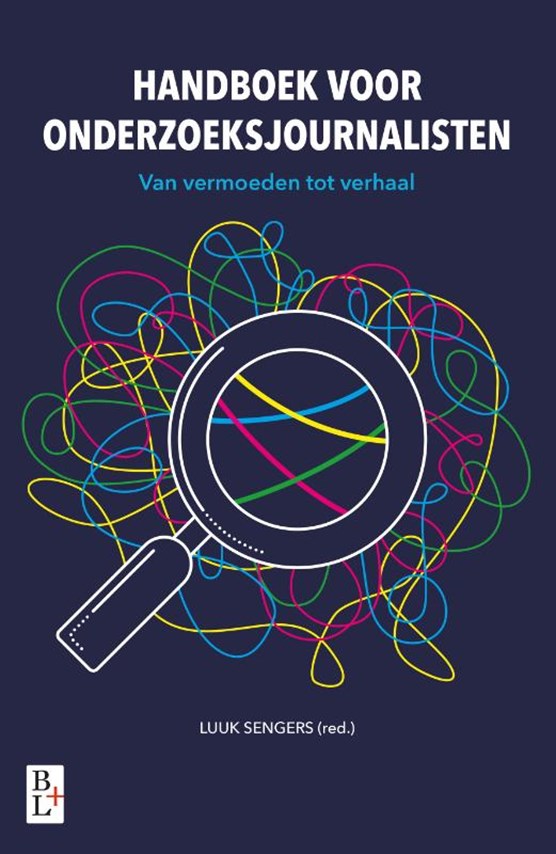 A new Dutch language handbook on investigative journalism methods includes a chapter on crossborder collaborative journalism by Arena editorial director Brigitte Alfter and data journalist Adriana Homolova and a contribution by Dataharvest project coordinator Ruben Brugnera.
A new Dutch language handbook on investigative journalism methods includes a chapter on crossborder collaborative journalism by Arena editorial director Brigitte Alfter and data journalist Adriana Homolova and a contribution by Dataharvest project coordinator Ruben Brugnera.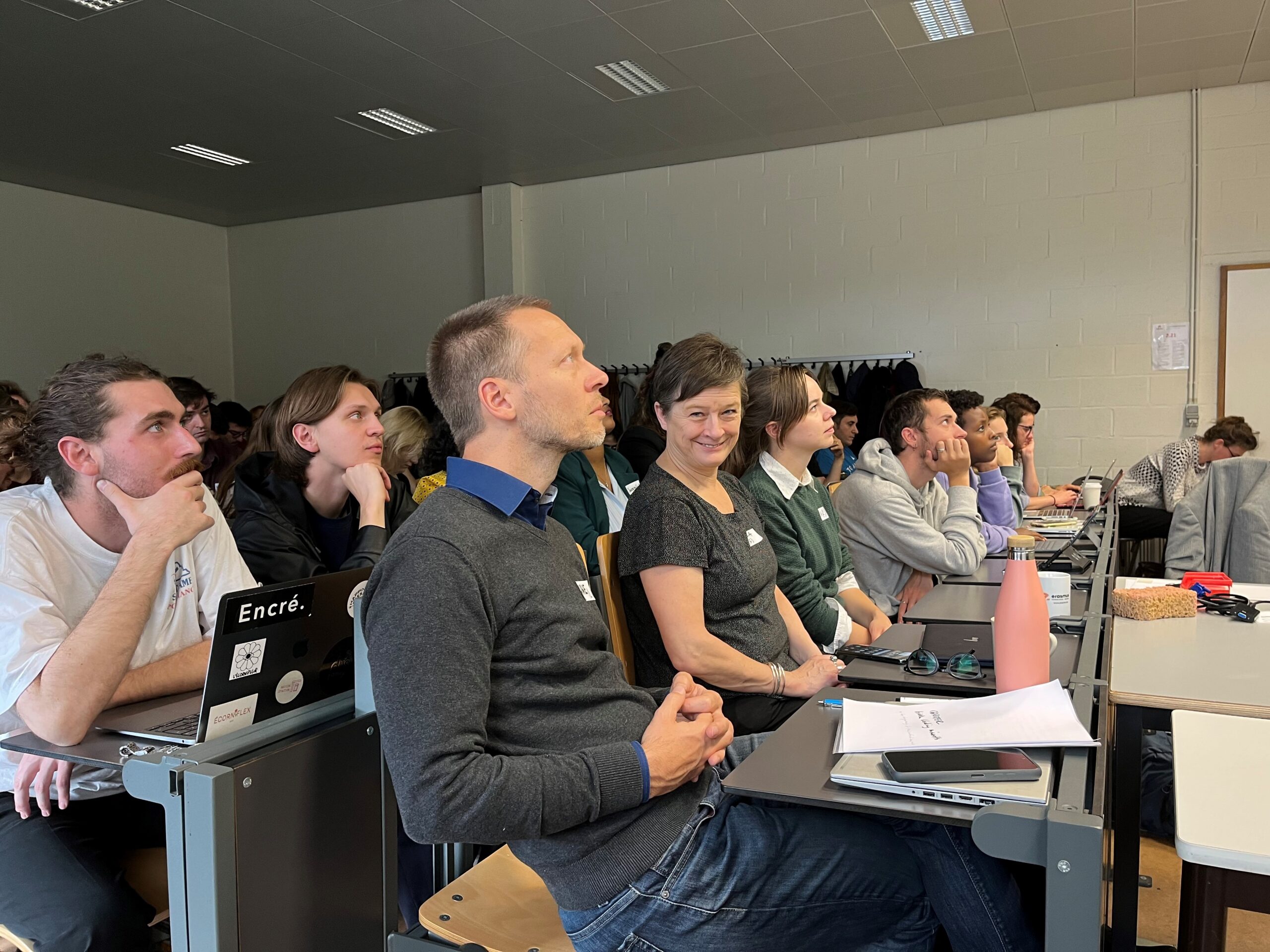 72 students of journalism from three journalism educations in Germany, France and Sweden gathered in Brussels in late October to get to know each other, set up teams and prepare collaborative investigations across borders. They are the first of two pilot classes to develop a networked cross-border journalism education under the headline Crossborder Journalism Campus.
72 students of journalism from three journalism educations in Germany, France and Sweden gathered in Brussels in late October to get to know each other, set up teams and prepare collaborative investigations across borders. They are the first of two pilot classes to develop a networked cross-border journalism education under the headline Crossborder Journalism Campus.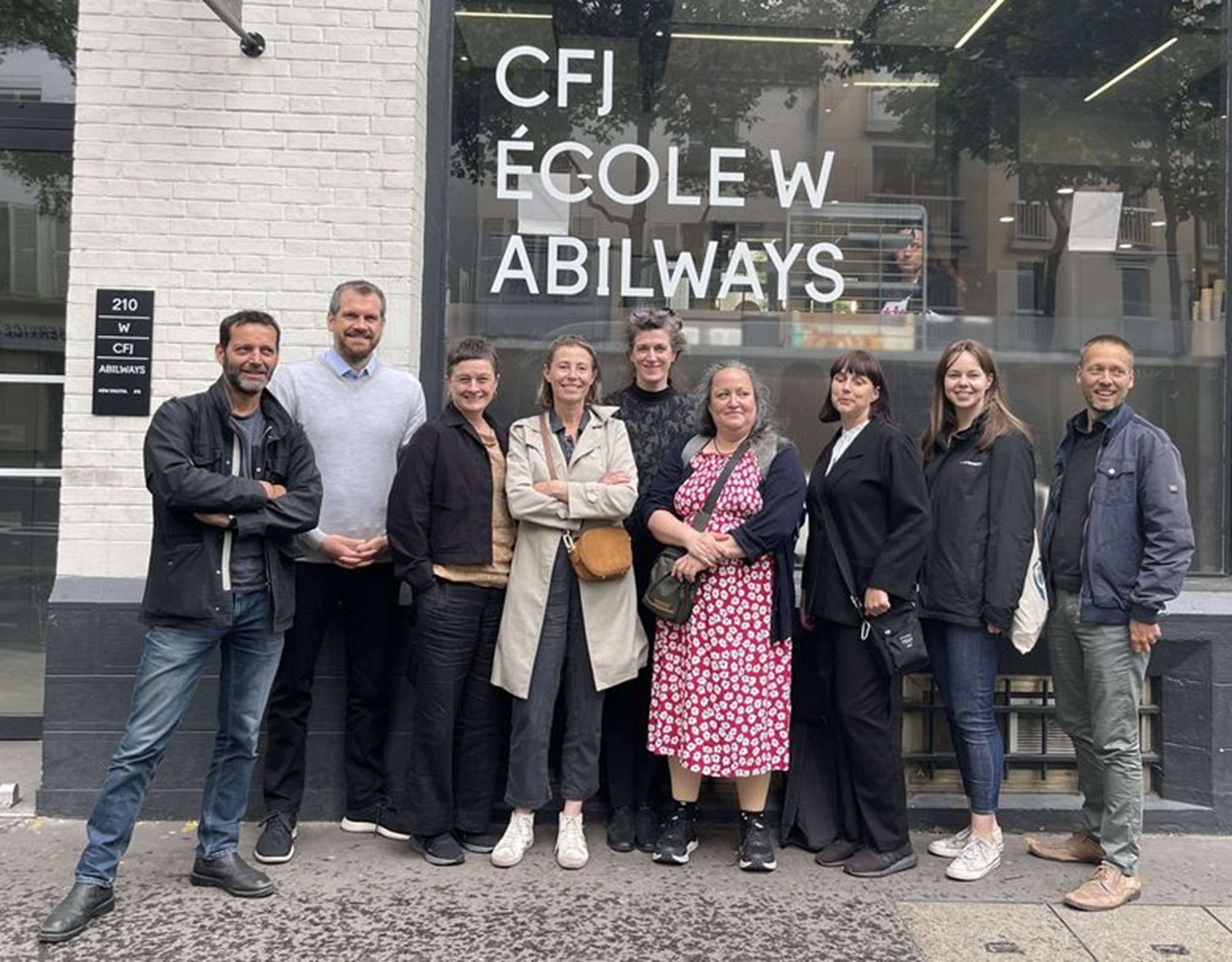
 Companies go across borders, and labour conditions is a European and global issue. Arena is in the early stages of developing a collaborative network of journalists working on or interested in labour topics: the Arena Labour Network.
Companies go across borders, and labour conditions is a European and global issue. Arena is in the early stages of developing a collaborative network of journalists working on or interested in labour topics: the Arena Labour Network.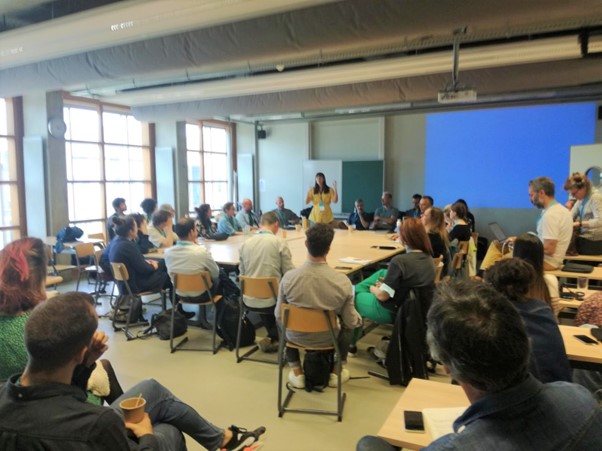 At the European Investigative Journalism Conference – Dataharvest in May 2022 we jointly launched the
At the European Investigative Journalism Conference – Dataharvest in May 2022 we jointly launched the 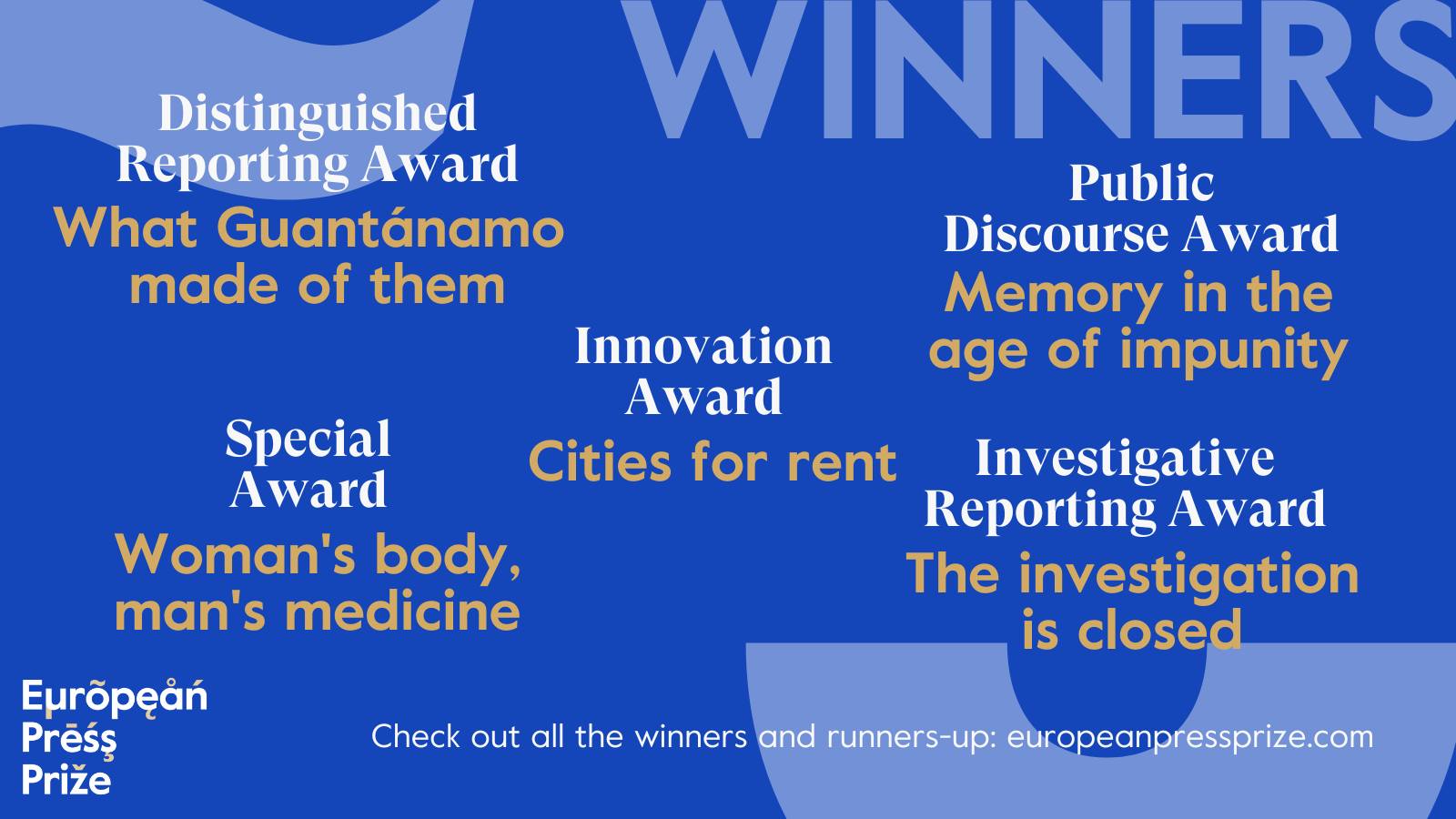 The Arena-coordinated cross-border investigation “Cities for Rent” won the European Press Prize for Innovation, when the prizes were announced on June 2nd.
The Arena-coordinated cross-border investigation “Cities for Rent” won the European Press Prize for Innovation, when the prizes were announced on June 2nd.